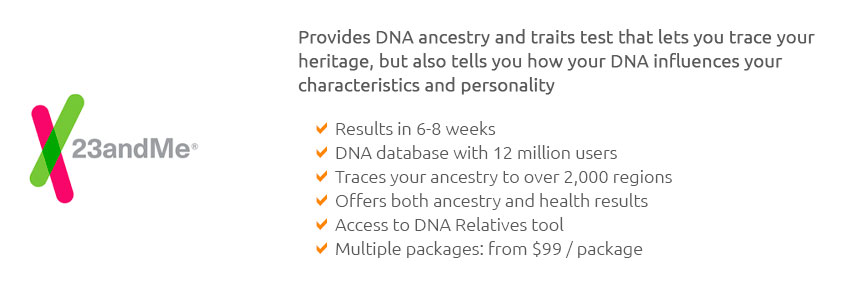 |
 |
 |
|---|
 |
 |
|---|
 |
|
|---|---|
 |
 |
 |
 |
 |
 |
 |
 |
 |
 |
 |
 |
 |
 |
 |
 |
|---|
The Fascinating World of DNA Testing Kits: Ancestry in the UKIn recent years, the UK has witnessed an extraordinary surge in interest surrounding DNA testing kits designed to uncover one's ancestral roots. This rise in popularity can be attributed to a combination of factors, from the innate human curiosity about our origins to the increasing accessibility of these kits, which promise to unravel the mysteries of our genetic past. As more people delve into the depths of their DNA, the allure of discovering long-lost relatives or understanding one's ethnic composition has proven irresistible. However, like any trend that captures the public's imagination, DNA testing for ancestry is not without its controversies and challenges. The appeal of DNA testing kits lies in their ability to provide a tangible connection to our past. Many people find it exhilarating to learn that their lineage can be traced back to distant lands or that their ancestors played a role in significant historical events. Such revelations often evoke a profound sense of identity and belonging, as individuals gain a newfound appreciation for their place within the broader tapestry of human history. Moreover, these tests can serve as a catalyst for family discussions, prompting stories about grandparents and great-grandparents that might have otherwise been lost to time. However, while the benefits of DNA testing kits are manifold, there are also significant concerns that potential users should consider. One of the most pressing issues is the question of privacy. When you submit your DNA for analysis, you are entrusting sensitive genetic information to a third party, and there is always the risk that this data could be accessed by unauthorized entities. Companies that provide these services claim to have robust security measures in place, but the potential for breaches remains a point of contention among critics. Another concern is the accuracy of the results. While advancements in technology have vastly improved the precision of DNA testing, the interpretation of genetic data can still be influenced by the algorithms and databases used by different companies. This means that results can vary significantly between providers, leading to confusion or even disappointment for users who receive conflicting information about their ancestry. Furthermore, the notion that our genetic makeup can define our cultural or personal identity is a contentious one, with some arguing that it oversimplifies the complex web of factors that shape who we are. Despite these concerns, the popularity of DNA testing kits shows no signs of waning. The allure of unlocking the secrets of our genetic code continues to captivate people across the UK, driven by a combination of technological advancement, marketing appeal, and the timeless human quest for self-discovery. As we move forward, it is crucial to approach these tests with both enthusiasm and caution, recognizing the potential they hold to enrich our understanding of ourselves while remaining mindful of the ethical implications they entail. In conclusion, DNA testing kits for ancestry offer a unique opportunity to explore our genetic heritage, fostering a deeper connection to our past and providing insights into the diverse threads that weave together to form our identity. While there are undoubtedly challenges and concerns to navigate, the potential benefits of these tests, from personal enrichment to sparking meaningful family conversations, make them a compelling choice for many. As the science behind DNA testing continues to evolve, so too will our understanding of what it truly means to uncover the stories encoded within our genes. https://www.familytreedna.com/?srsltid=AfmBOopprNVmLJlKX4O_iTu_G8fYsuVCSUnlh4s7o7fNbuDD5VHzTpLc
Discover your DNA story and unlock the secrets of your ancestry and genealogy with our autosomal DNA, Y-DNA and mtDNA tests. https://www.crigenetics.com/?srsltid=AfmBOopd1wbKxIbooP4Cx9jzPH7zcgEtMfP-QzuSnGNB6Y59ayhWec7H
Discover your unique genetic makeup with CRI Genetics. Our DNA testing provides detailed ancestry insights and personalized health reports. Learn more now. https://www.23andme.com/dna-health-ancestry/?srsltid=AfmBOoo4dfJs1VmWueLggl-BpmmR4-jw2-pfTfrgWw9aX3rPa8FToLgE
The 23andMe Health + Ancestry kit offers DNA testing with 150+ personalized genetic reports including actionable health insights, ancestry, traits and more.
|
|---|